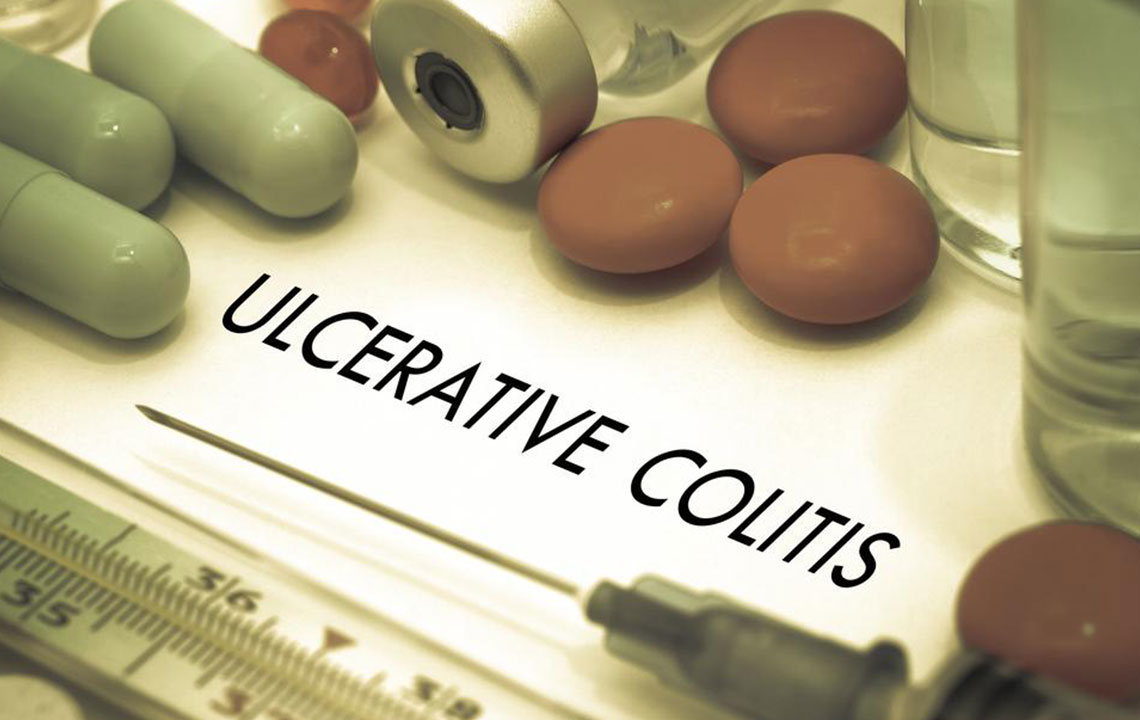Comprehensive Guide to Effectively Managing Ulcerative Colitis for Better Quality of Life
This detailed guide offers effective strategies for managing ulcerative colitis, emphasizing personalized treatment plans based on symptom severity. It covers medications, dietary adjustments, surgical options, and lifestyle modifications to help patients control inflammation, maintain remission, and improve their quality of life. The article also highlights recent advancements in biologic therapies and the importance of regular monitoring and professional support for optimal outcomes.

Effective Strategies for Managing Ulcerative Colitis
Ulcerative colitis is a chronic inflammatory bowel disease characterized by inflammation and ulcers in the colon's innermost lining. This condition can significantly impact a person's daily life, leading to symptoms such as abdominal pain, diarrhea with blood, fatigue, and weight loss. The severity of ulcerative colitis varies from mild to severe, and its management requires a personalized approach that addresses the specific needs of each patient. Advances in medical treatments, lifestyle modifications, and surgical options have made it possible to effectively control symptoms and improve patients' quality of life. In this comprehensive guide, we explore the latest strategies for managing ulcerative colitis, tailored to the severity of the disease, and highlight important considerations for maintaining remission and preventing complications.
Understanding the Role of Treatment Based on Symptom Severity
Effective management of ulcerative colitis hinges on accurately assessing the severity of symptoms. Mild cases typically involve infrequent, less intense symptoms and can often be controlled with dietary adjustments, topical therapies, and medications. Moderate to severe cases, however, require more aggressive treatment approaches to prevent complications and improve quality of life.
In mild flare-ups, patients are usually prescribed topical agents such as suppositories and enemas that deliver medication directly to the inflamed area. These are often combined with oral anti-inflammatory drugs, including 5-aminosalicylic acid derivatives (aminosalicylates), to reduce inflammation and promote mucosal healing. Dietary modifications, like increasing fiber intake or avoiding certain trigger foods, support symptom control and digestive health.
The management of more severe ulcerative colitis involves higher doses of corticosteroids to suppress intense inflammation. While effective in inducing remission, steroids are generally used for short-term control due to their potential side effects. Once remission is achieved, patients are transitioned to maintenance medications such as aminosalicylates, immunomodulators, or biologic therapies to sustain remission and prevent relapses.
In cases where conventional medications fail or complications arise, more advanced options are considered, including immunosuppressive drugs and biologic therapies like infliximab or vedolizumab. These medications target specific parts of the immune response involved in inflammation, providing relief for patients with refractory disease. Surgery, such as colectomy (removal of the colon), remains a last resort for patients with life-threatening complications or when medical therapy is unsuccessful, offering a potential cure but with significant lifestyle adjustments.
Understanding the spectrum of treatment options tailored to individual disease severity is essential for effective management of ulcerative colitis. Regular monitoring, patient education, and a multidisciplinary approach involving gastroenterologists, dietitians, and mental health professionals can significantly enhance outcomes and patient well-being.
Details of Key Treatment Modalities:
Immunomodulators: Medications like azathioprine and cyclosporine help modulate immune system activity, reducing inflammation and maintaining remission in persistent cases. Monitoring for side effects such as liver toxicity and infections is vital.
Biologics: Advanced therapies, including infliximab, adalimumab, and vedolizumab, block specific inflammatory pathways. They are often prescribed for moderate to severe disease, especially when other drugs are ineffective.
Surgical Options: Colectomy is performed in severe or refractory cases, providing a definitive solution for the disease. It may involve removing the entire colon or creating an ileal pouch for better quality of life post-surgery. While effective, surgery involves risks and lifestyle changes that require thorough deliberation.
Medications commonly used include:
Aminosalicylates: They reduce inflammation in the colon lining, with side effects that might include mild headaches or gastrointestinal discomfort.
Corticosteroids: Administered during active flare-ups, they offer rapid symptom relief but carry risks like weight gain, osteoporosis, and increased infection susceptibility when used long-term.
Cyclosporine: Effective in resistant cases, though it necessitates close monitoring due to potential nephrotoxicity and risk of infections.
Vedolizumab: A newer biologic that blocks lymphocyte migration, suitable for patients intolerant to other biologic agents.
Hospital-based treatments are sometimes necessary for severe cases with systemic manifestations, including intravenous antibiotics, fluids, and electrolyte support. Close follow-up through regular clinic visits is crucial to monitor disease progression, medication side effects, and overall health status. Many patients with mild symptoms learn to manage flare-ups independently, enabling them to lead productive lives with appropriate care and support.





